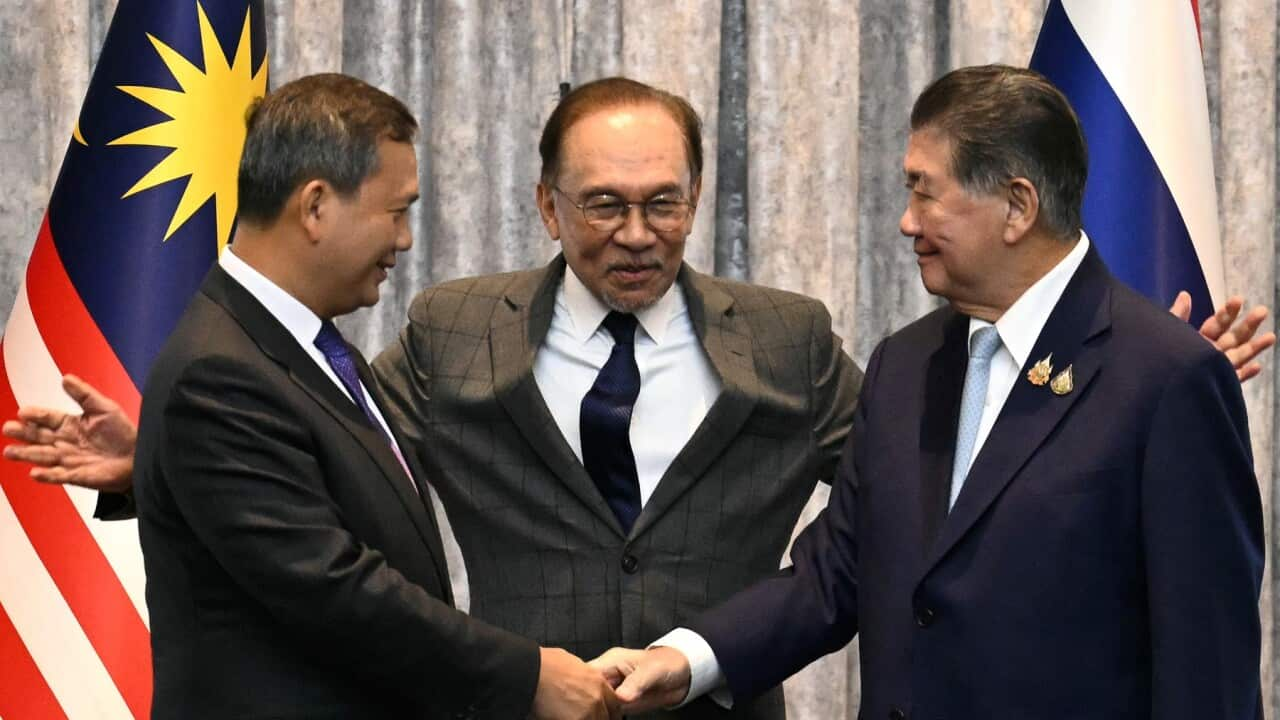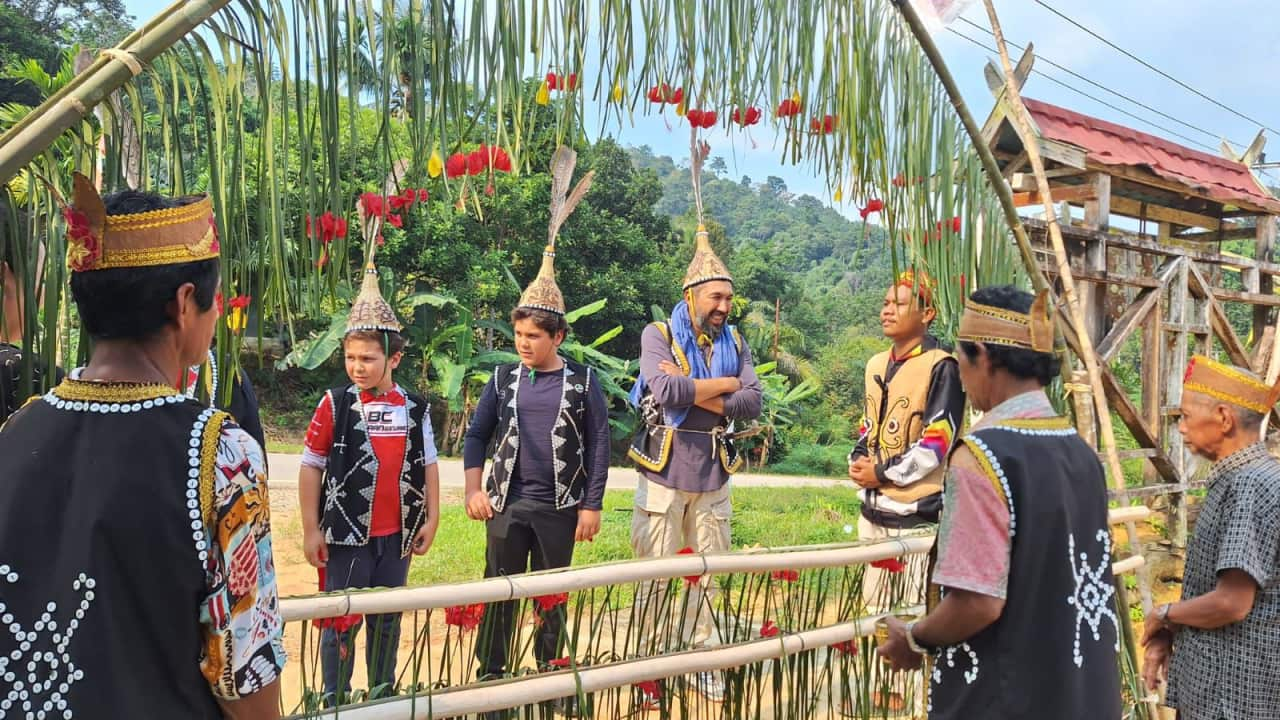A day before the ceasefire was reached, SBS Indonesian talked to Dr Muhammad Rum, Head f Master’s Study Program at the Department of International Relations at the Faculty of Social and Political Sciences at University of Gajah Mada. Dr Rum explained the historical context of the dispute and also the significance domestic political roles of both sides that play apart in the conflict.
However, since both Thailand and Cambodia are members of ASEAN, Dr Rum believed that the dispute should be solved through a dialogue that could be mediated by the current ASEAN Chairmanship which is Prime Minister of Malaysia, Dr Anwar Ibrahim.




